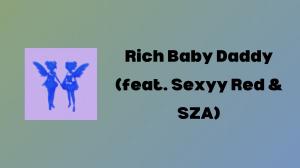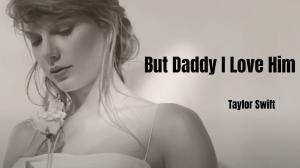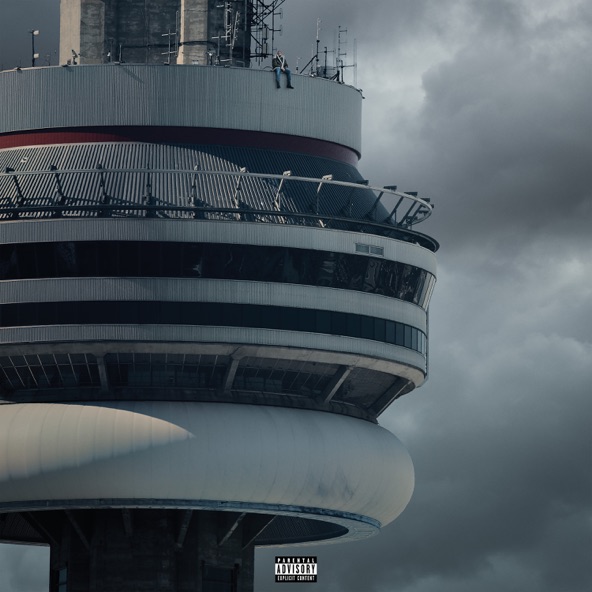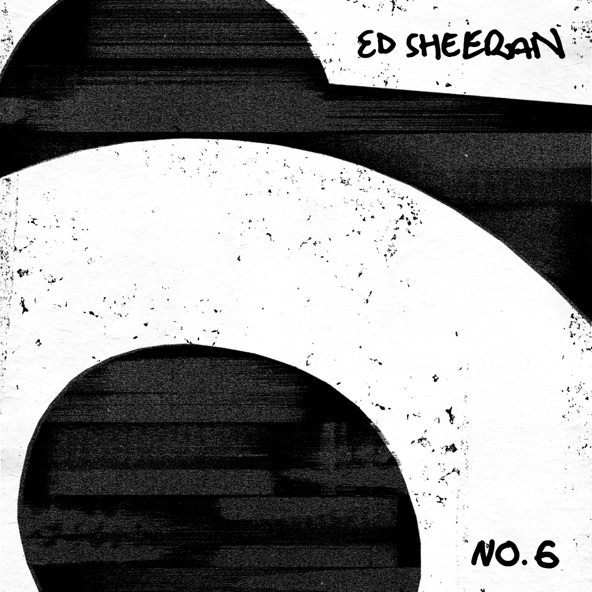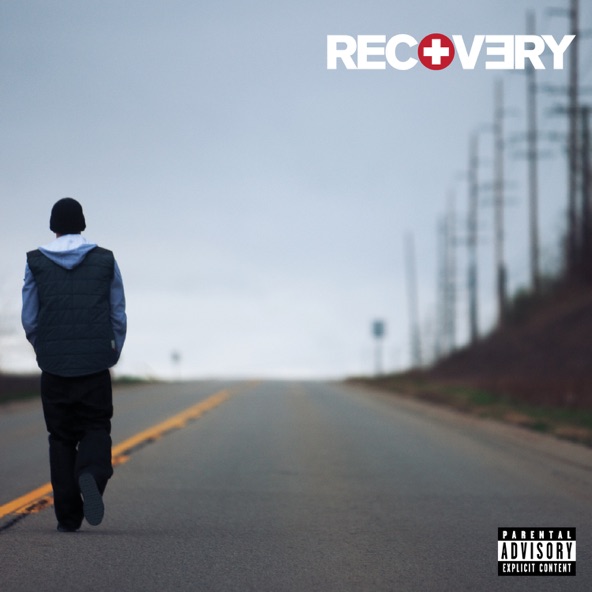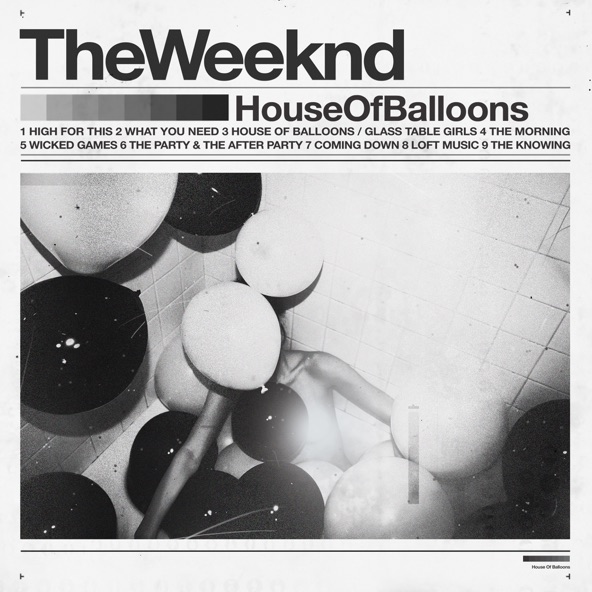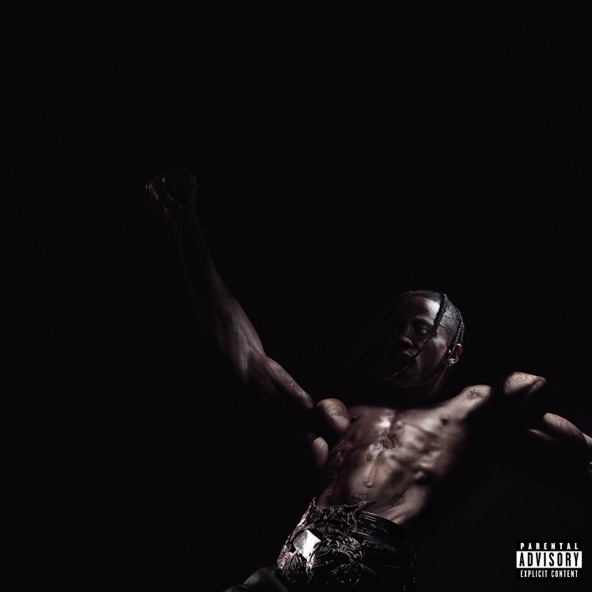What Do the Lyrics of We Didn’t Start the Fire Mean? A Breakdown
Historical Context of We Didn’t Start the Fire
The song was released during a period marked by political tension and cultural change. The late 1980s were characterized by the Cold War's climax, economic challenges, and a rapidly evolving social landscape. Joel’s lyrics reference pivotal moments in history, including the rise of communism, the Vietnam War, and the moon landing. Each line is a snapshot of significant events that shaped modern society.
In just under four minutes, Joel rattles off a litany of names and incidents—Harry Truman, Richard Nixon, and the Berlin Wall, to name a few. By weaving these references together, Joel creates a tapestry that reflects the anxieties and realities of a generation that lived through tumultuous times. The song serves not just as a history lesson but as a commentary on the persistence of societal challenges, suggesting that while the names and faces may change, the underlying issues remain.
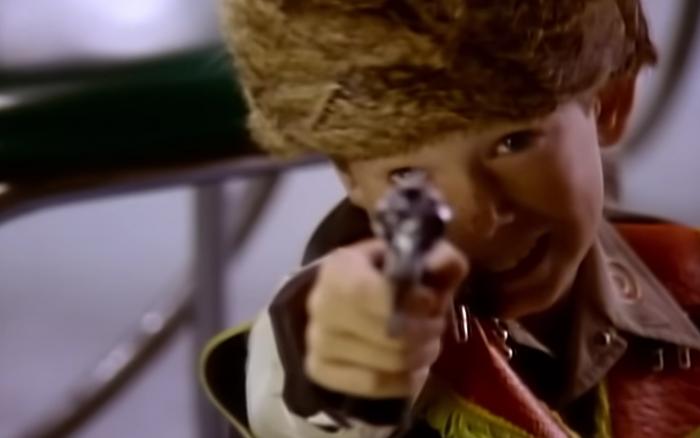
Decoding the Lyrics of We Didn’t Start the Fire
At its core, We Didn’t Start the Fire conveys a powerful message: the problems we face today are not solely a result of our actions; they are part of a continuum that stretches back through time. The recurring chorus reinforces this idea, emphasizing the cyclical nature of history. Lines mentioning figures like “Harry Truman, Doris Day, Red China” serve as touchpoints that many listeners can recognize, evoking nostalgia while also provoking thought about the impact of these events.
The juxtaposition of personal and global events is striking. For instance, the mention of “Rock and Roller, Cola Wars” highlights how cultural phenomena coexist with serious political issues. By linking pop culture to historical events, Joel illustrates how entertainment can both distract from and reflect the times.
Moreover, the rapid-fire delivery of the lyrics mimics the overwhelming nature of information in modern society, suggesting that the past continues to shape our present. The song’s pacing also conveys a sense of urgency, as if Joel is urging listeners to pay attention to the patterns that repeat over time.
As we dissect the lyrics, it becomes clear that Joel is not merely listing historical facts; he’s inviting us to recognize the lessons embedded in our collective history. This reflective approach encourages listeners to consider their own roles in this ongoing narrative, making the song a poignant reminder of our shared human experience.
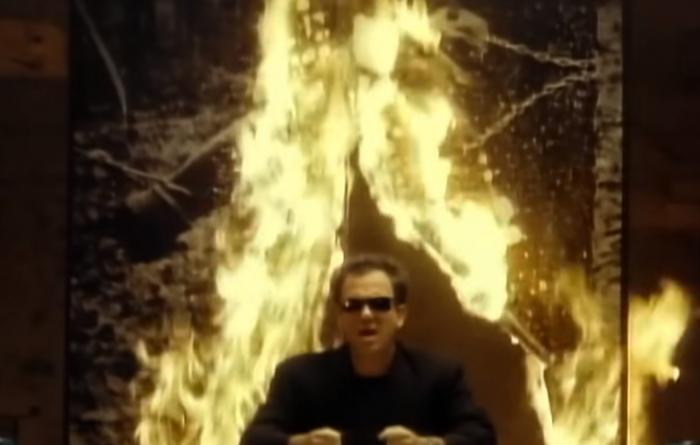
Cultural Impact and Reception of We Didn’t Start the Fire
Since its release, We Didn’t Start the Fire has sparked discussions about history, responsibility, and cultural memory. The song was well-received, peaking at number one on the Billboard Hot 100 and earning accolades for its unique lyrical style. Critics have praised Joel for his ability to encapsulate complex themes in an accessible format, turning a rapid-fire listing into a thoughtful reflection on human history. In classrooms, it has been used as a teaching tool to engage students with historical events, proving its lasting relevance and significance.
Conclusion: The Legacy of We Didn’t Start the Fire
Billy Joel’s We Didn’t Start the Fire remains a compelling exploration of the historical forces that shape our lives. Through its intricate lyrics and memorable melody, the song captures the essence of a generation grappling with both the weight of its past and the uncertainty of its future. By examining the meaning behind the lyrics, we gain insight into the cyclical nature of history and the ongoing challenges that persist. As listeners, we are reminded that while we may not have started the fire, understanding our history is crucial in navigating the complexities of the present and future.
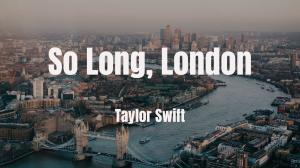
.jpg?p=17307947295242273)
